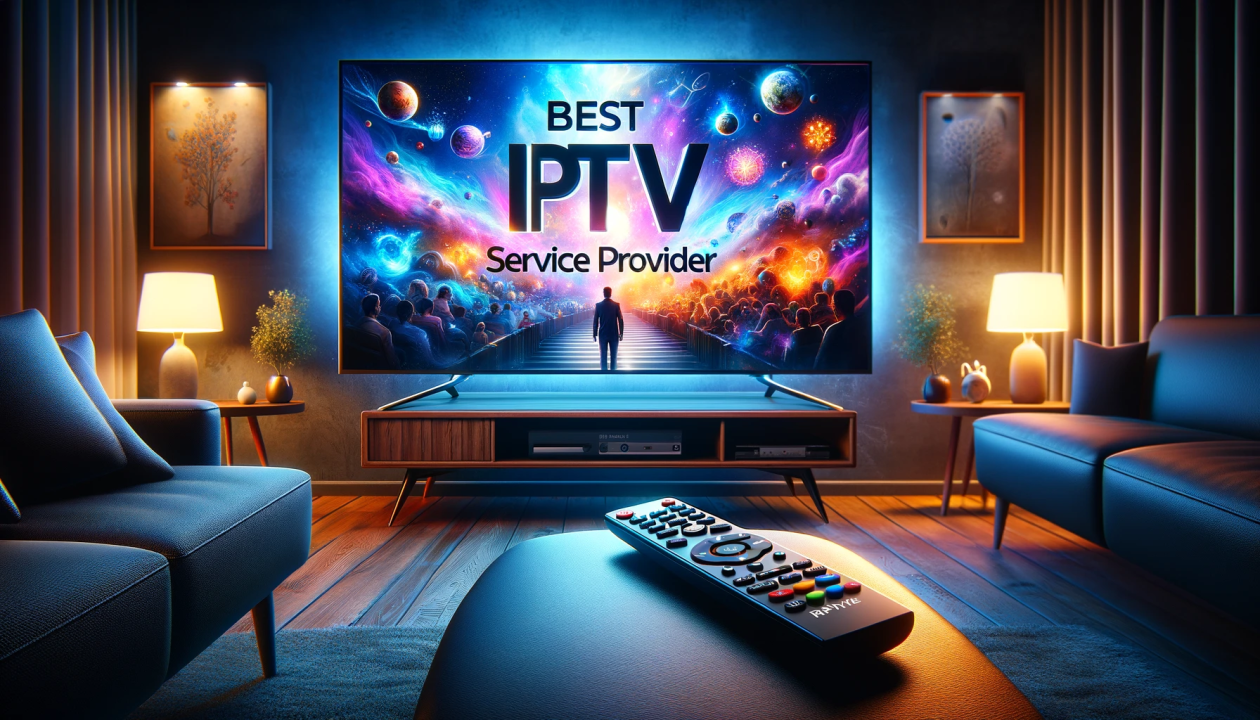The television landscape has dramatically evolved over the past few decades, transitioning from traditional broadcast methods to more advanced digital solutions. Among the latest innovations reshaping the industry is IPTV, or Internet Protocol Television. This service leverages internet protocols to deliver television content, offering a myriad of benefits over conventional broadcasting methods. Check out: iptv service provider
Here’s an in-depth look at IPTV, its advantages, and its impact on how we consume media.
What is IPTV?
IPTV stands for Internet Protocol Television, a system where digital television service is delivered to subscribers via the internet using IP (Internet Protocol). Unlike traditional terrestrial, satellite, or cable television formats, IPTV provides the ability to stream media continuously from the source, allowing users to start watching content without waiting for the entire file to download.
How Does IPTV Work?
IPTV works by converting television signals into digital data that is transmitted over the internet. This data is then received and decoded by a device capable of interpreting the digital signal, such as a smart TV, computer, tablet, smartphone, or a set-top box. The content is delivered in packets, much like other forms of internet traffic, which allows for efficient and flexible broadcasting.
Key Features of IPTV
· On-Demand Content: One of the most significant advantages of IPTV is its ability to provide on-demand content. Users can access a vast library of shows, movies, and other media at their convenience, similar to popular streaming services like Netflix and Amazon Prime.
· Time-Shifted TV: IPTV also supports time-shifted television, which allows viewers to watch live broadcasts at a later time. This feature is particularly useful for catching up on missed programs.
· Interactive TV: IPTV platforms often offer interactive features such as voting, gaming, and other on-screen applications that engage viewers and enhance their viewing experience.
· High-Quality Streams: With adequate internet bandwidth, IPTV can deliver high-definition (HD) and even 4K quality streams, providing a superior viewing experience compared to traditional broadcast methods. Visit here: online tv streaming
· Multi-Device Support: IPTV services are accessible on multiple devices, including smart TVs, computers, tablets, and smartphones. This flexibility allows users to watch their favorite content anywhere and anytime.
Types of IPTV Services
1. Live IPTV: This service broadcasts live television channels over the internet. It replicates the traditional TV experience but with the added benefit of streaming over the internet.
2. Video on Demand (VoD): VoD services provide a library of video content that users can watch at their convenience. This includes movies, TV shows, documentaries, and other pre-recorded media.
3. Near Video on Demand (NVoD): Similar to VoD, NVoD services schedule content at specific times, providing multiple viewing times for a particular program.
4. Time-Shifted TV: This includes services like catch-up TV and start-over TV, allowing viewers to watch shows they missed or start live broadcasts from the beginning.
Benefits of IPTV
· Flexibility and Convenience: IPTV allows viewers to watch what they want, when they want, providing unmatched flexibility compared to traditional TV schedules.
· Cost-Effective: Often, IPTV services are more affordable than cable or satellite TV subscriptions, making them an attractive option for budget-conscious consumers.
· Customization: IPTV providers often offer customizable packages, enabling users to choose specific channels or content they wish to subscribe to.
· Enhanced User Experience: The interactive features, high-quality streams, and multi-device support contribute to a richer and more engaging viewing experience.
Challenges and Considerations
Despite its numerous advantages, IPTV faces certain challenges. The quality of the service heavily depends on the user’s internet connection; slow or unstable connections can result in buffering and poor video quality. Additionally, IPTV services must contend with issues related to digital rights management (DRM) and content licensing.
The Future of IPTV
The future of IPTV looks promising as internet infrastructure continues to improve globally, providing faster and more reliable connections. The rise of 5G technology is expected to further enhance the IPTV experience by enabling even higher quality streams and reducing latency. Additionally, the integration of artificial intelligence (AI) and machine learning (ML) can personalize content recommendations and enhance user engagement. iptv streaming service
Conclusion
IPTV represents a significant shift in the way we consume television content, offering unparalleled flexibility, convenience, and a superior viewing experience. As technology continues to advance, IPTV is poised to become the dominant method of delivering television content, meeting the demands of modern viewers who crave on-demand, high-quality, and interactive media experiences.
For more information regarding visit our website: https://iptvdoozy.com/

Comments on “The Rise of IPTV: Revolutionizing the Way We Watch TV | iptvdoozy.com”